
Changing Sentences Worksheet for 1st 3rd Grade Lesson

Change Affirmative to Negative Worksheet-3 . Multiple-Choice Questions: Transform the affirmative sentence into a negative sentence without changing its meaning: The two siblings are quite unlike each other. (A) The two siblings are quite like each other. (B) The two siblings are not quite unlike each other. (C) The two siblings are not like.
Grade 2 English Sentences Worksheets WorkSheets for Kids

Answers 1. All members of their family were absent at the wedding. 2. Shalini earns more than Sushama. 3. Peter plays better than Rahul. 4. We found the concert boring. 5. The table is too heavy to be lifted. 6. Maya always behaved politely. 7.
have to — Positive/negative sentences and questions — Exercise 1 ESL Worksheets Sentences

Changing a sentence from the positive to negative can be done easily by adding 'not' or the contraction 'nt. Go through the following points to learn how exactly it has to be done. The first thing you will have to do is to locate the principal verb or the main verb in the sentence.
English Grammar Present Simple (Negative Statements)

We can change affirmative sentences to negative sentences without changing the meaning of the original sentence. Study the example given below. All the students liked the program. (Affirmative) / None of the students disliked the program. (Negative) / No student disliked the program. (Negative) Chennai is hotter than Mumbai.
changing sentence . affirmative to negative YouTube

During the transformation from positive to negative sentences, you may need to alter the pronoun, verb, adjective, or adverb in the sentence. When this is necessary, ensure that the meaning of the sentence remains unchanged. This may require changing both the pronoun and the verb/adjective in the sentence. Consult the table below for examples.
change a positive sentence to a negative sentence word usage worksheet negative sentences
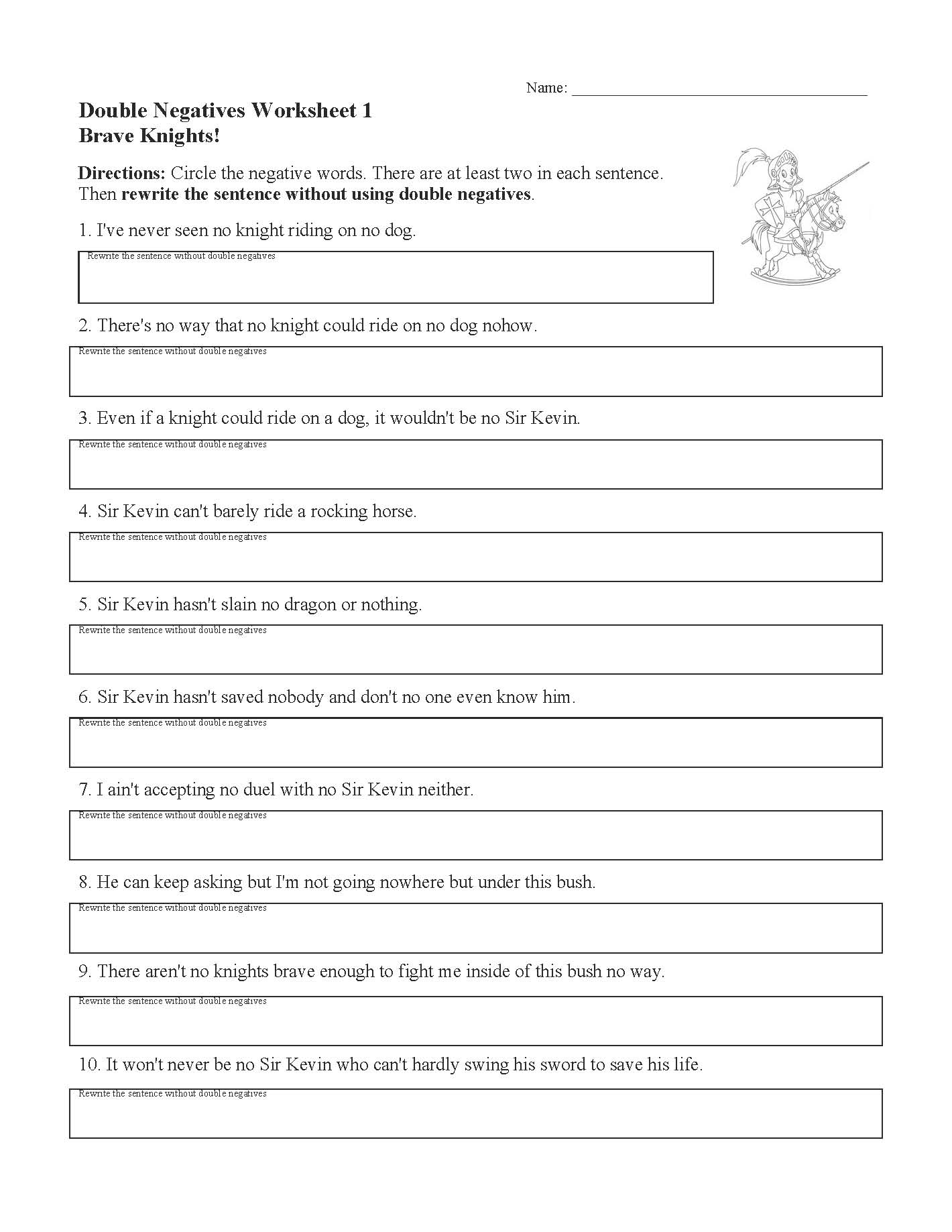
Sentence Without changing its meaning (1) He is a poor man. (Affirmative) Ans: He is not a rich man. (Negative) (2) It is a difficult task. (Affirmative) Ans: It is not an easy task. (Negative) 3) Everybody was present yesterday. (Affirmative) Ans: Nobody was absent yesterday. (Negative) (4) She failed to notice him. (Affirmative) Ans: She did.
Affirmative, Negative and Questions ESL worksheet by karyna
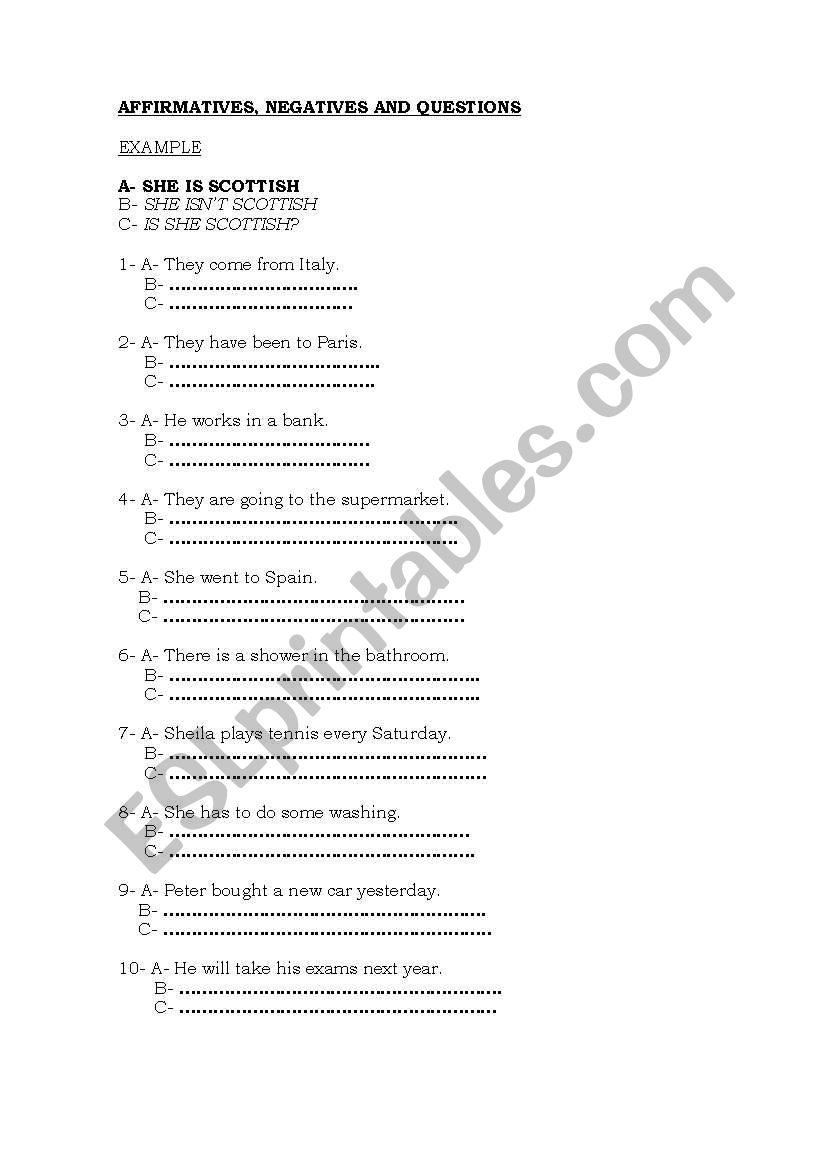
Change affirmative sentences into negative sentences | CBSE Grammar worksheets 9 Comments / By Manjusha / December 16, 2014 Sharing is caring! Study the sentence given below. Shakespeare was greater than any other English playwright. This is an affirmative sentence. We can express the same idea using a negative sentence.
Change Affirmative Sentences Into Negative Sentences CBSE Grammar Worksheets PDF

(I) A negative sentence must contain a negative word. Such negative words are - No, not, never, nothing, none, nobody, no one, nowhere, neither, nor etc. To turn an affirmative sentence into a negative sentence a negative word must be used. Remember, 'not' is used only with an auxiliary verb. Like, I do not go there.
change into negative/affirmative ESL worksheet by abo kerdan
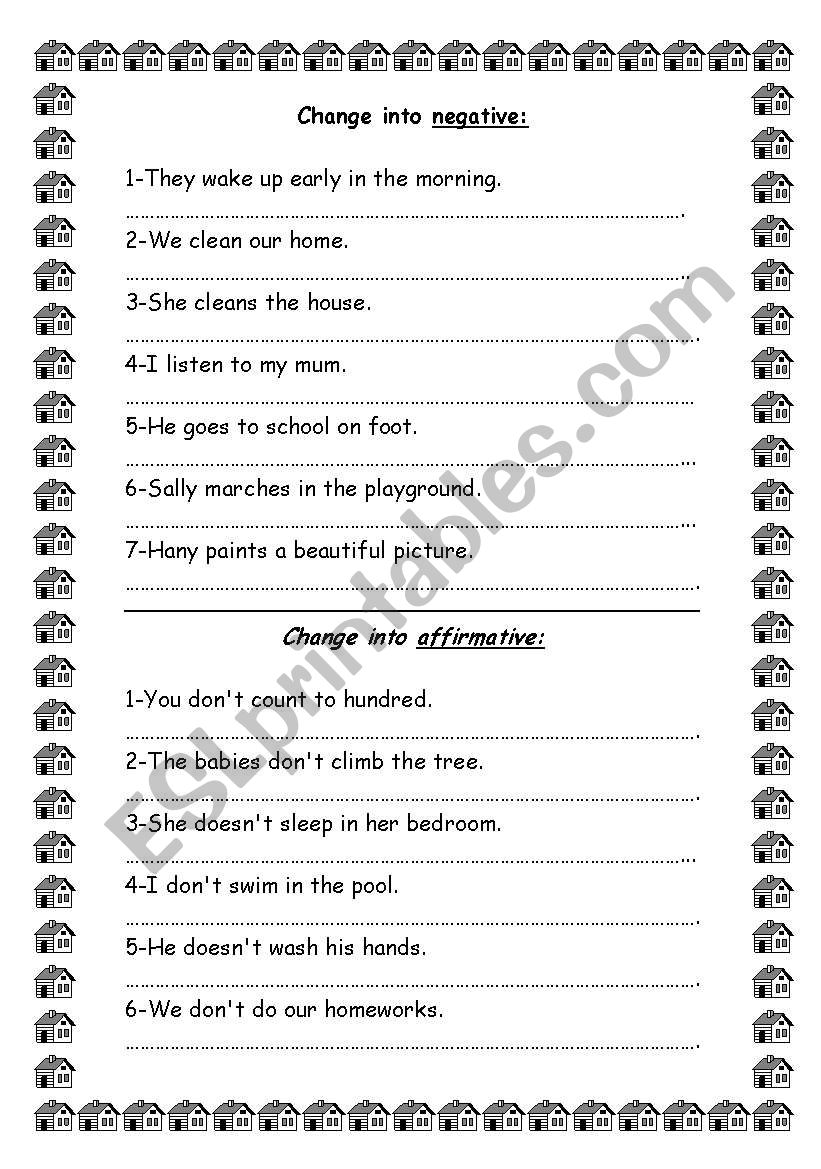
To help you practise transforming affirmative sentences into negative sentences, this article will provide you with a few exercises. Try them out. Table of Contents Exercise 1 - Transform Affirmative Sentences into Negative Sentences Exercise 2 - Transform Negative Sentences into Affirmative Sentences Exercise 3 - Transform Sentences as Directed
negative sentences worksheet negative contractions worksheets k5 learning Miracle Obrien
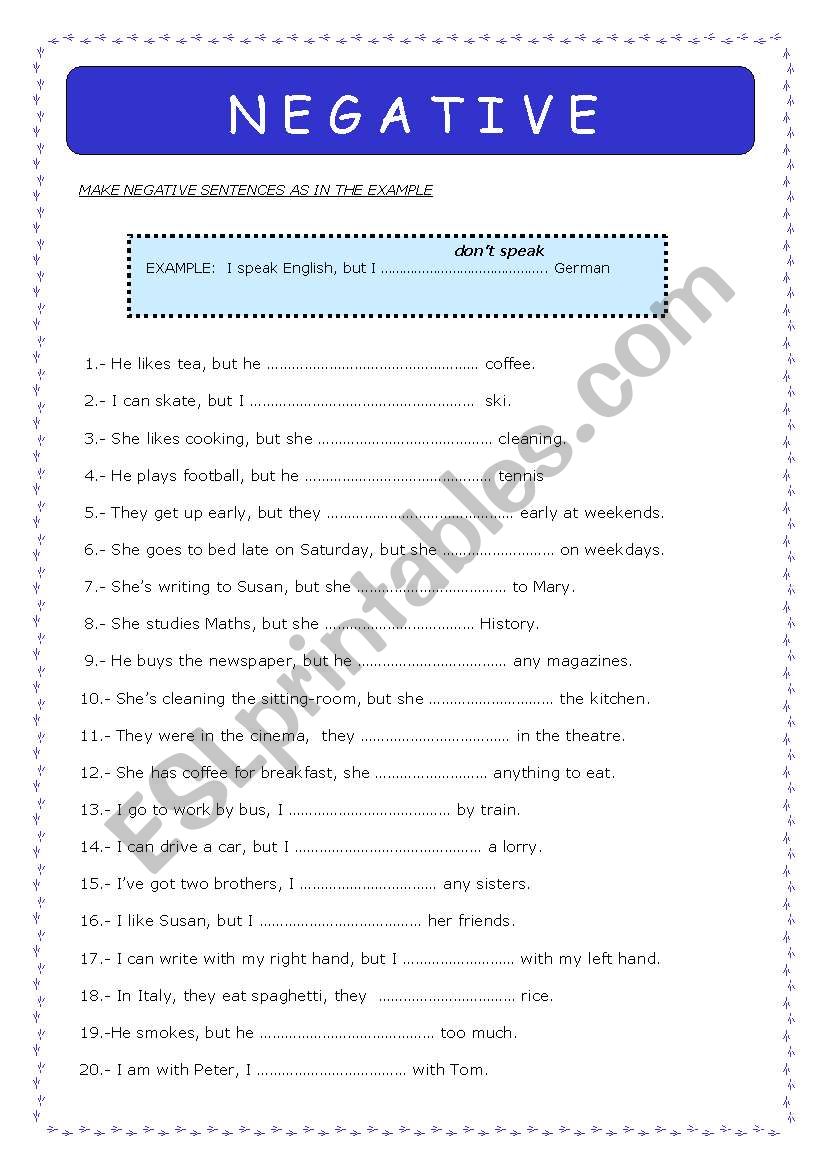
1. India is a very big country. 2. She is old. 3. She is happy. 4. He rejected our plea for help. 5. Does anyone enjoy poverty? 6. I have forgotten his name. 7. She always arrives on time. 8. She has very few friends. 9. It was a stupid idea. 10. She seemed interested in the offer. Answers 1. India is not a small country. 2. She is not young. 3.
Change the sentences to the interrog… English ESL worksheets pdf & doc

Affirmative: The child was too small to climb the tree. 8. Negative: The child was so small that he could not climb the tree. 9. Affirmative: That sight was too dreadful to be seen. 9. Negative: That sight was so dreadful that it could not be seen. 10. Affirmative: It is too cold to go out.
Negative Sentences Examples In English Onlymyenglish My XXX Hot Girl
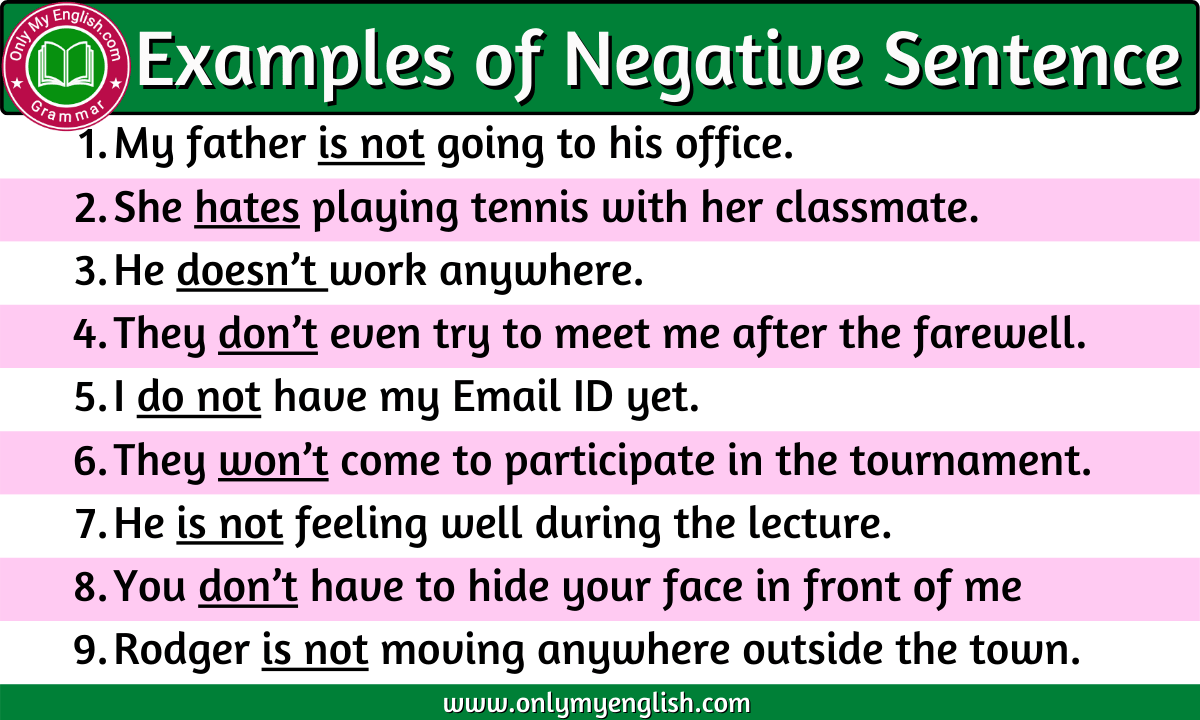
Change negative sentences into affirmative without changing the meaning. 1. We cannot refuse this offer. 2. He has not completed his work. 3. I have no inclination to help them. 4. I couldn't help laughing. 5. They didn't accept the invite. 6. I will never forget this experience. 7. He isn't flawless. 8. I didn't find anyone there. 9.
Rewrite sentences without changing the meaning worksheet

19. A term describing the replacement of a specific word in a saying with one that ryhmes. 0. Usage of word "those" in an essay. 1. Sentence with two possible meanings. 3. Using 'much' without the adjective 'very' after "I love you".
Change The Sentence
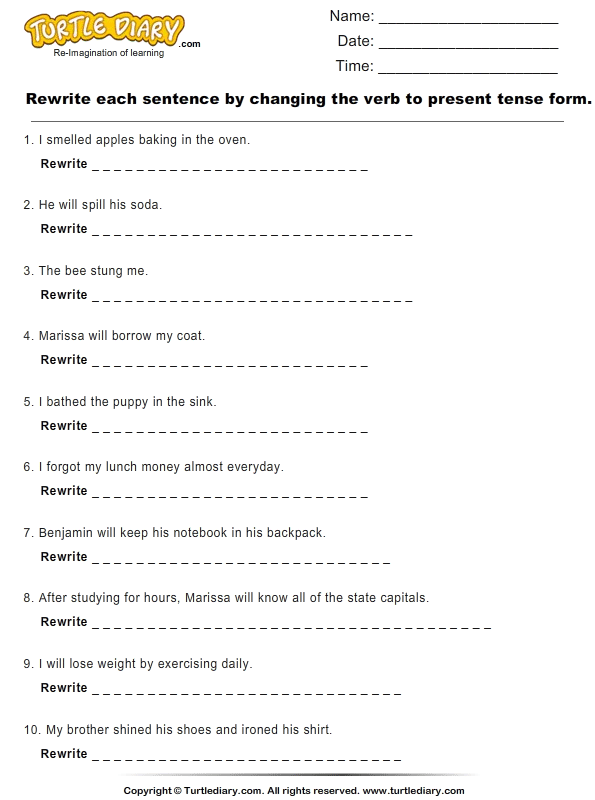
Change affirmative sentence into negative sentence without changing the meaning. A negative sentence will have a negative expression like no, not, hardly, never etc. Examples: He is honest. He is not dishonest. Both sentences mean the same but the first sentence is affirmative whereas the second sentence is negative.
Change Affirmative To Negative Worksheet2 PDF

Change the following negative sentences into affirmative sentences without changing their meaning. An example is given below. She is not honest. We can express the same idea in another way. She is dishonest. Exercise 1. You are not very kind. 2. She was not present. 3. He is never late for meetings. 4. She is not obedient. 5.
Affirmative and negative sentences activity Sentence activities, Sentences, Negativity

Rules 1. If we find the word "Always" in affirmative sentence, we will write the word "Never" instead of Always and make opposite word of verb, adjective and noun at the time of negative sentence. For Example: Affirmative: I will always remember to call you. Negative: I will never forget to call you. Affirmative: He is always present in the class.